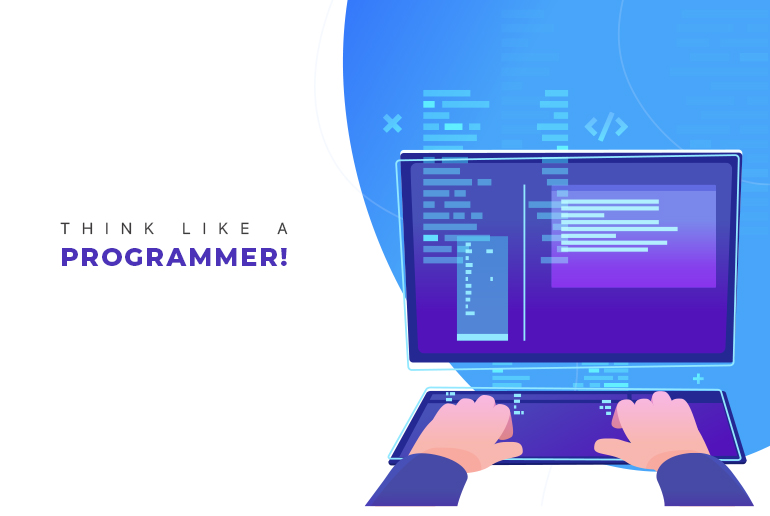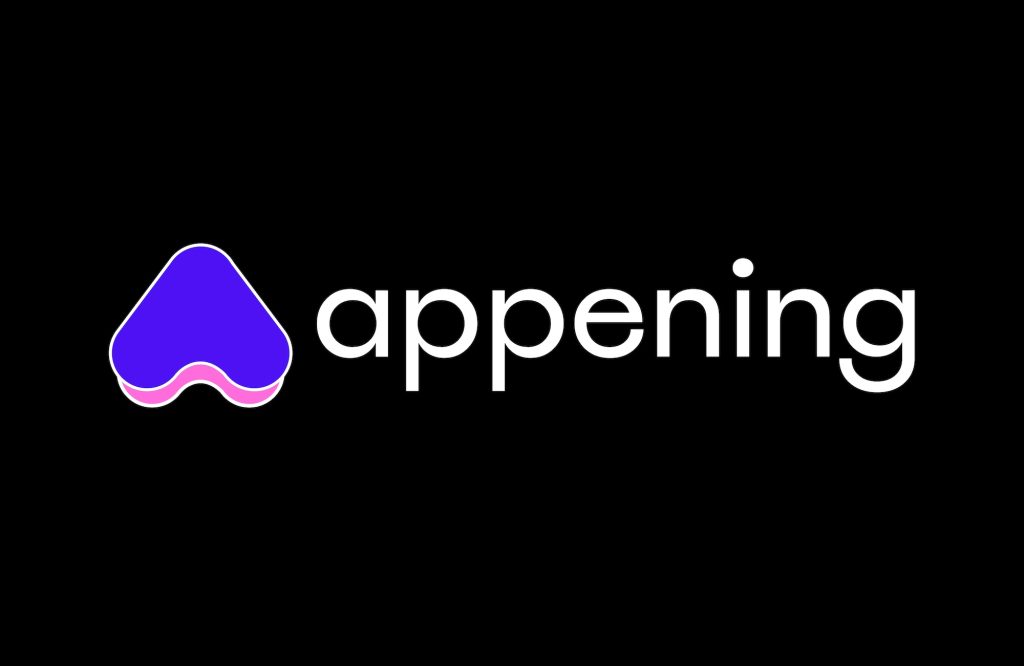Programming is all about a more effective way for problem-solving. Problem-solving skills are almost unanimously the most important qualification that employers look for, more than programming languages proficiency, debugging, and system design.
Let’s take a look at how to improve your programming skills. These steps will help you in thinking like a programmer.
- Take time to understand
Know precisely what is being inquired. Most difficult issues are hard on the grounds that you don’t comprehend them (thus why this is the initial step).
How to know when you comprehend an issue? When you can clarify it in plain English.
Do you were stuck on an issue, you begin clarifying it, and you in a split second observe openings in the rationale you didn’t see previously?
Most programmers know this inclination. This is the reason you ought to record your concern, doodle a chart, or enlighten another person regarding it.
- Plan
Try not to make a plunge directly into comprehending without an arrangement (and some way or another expectation you can tangle your way through). Plan your answer!
Nothing can encourage you on the off chance that you can’t record the correct advances.
In programming, this implies don’t begin hacking straight away. Give your mind time to investigate the issue and process the data.
To get a decent arrangement, answer this inquiry:
“Given information X, what are the means important to return yield Y?”
- One thing at a time
Focus. This is the most essential advance of all. Try not to attempt to tackle one major issue.
Rather, break it into sub-issues. These sub-issues are considerably simpler to understand.
At that point, take care of each sub-issue one by one. Start with the least difficult. Most straightforward means you know the appropriate response.
From that point forward, easiest means this sub-issue being understood doesn’t rely upon others being explained. When you tackled each sub-issue, come to an obvious conclusion.
Associating all your “sub-arrangements” will give you the answer for the first issue. This procedure is a foundation of critical thinking. Keep in mind it (read this progression once more, in the event that you should).
For instance, assume you’re another programmer and you’re requested to compose a program that peruses ten numbers and makes sense of which number is the third most astounding. For a shiny new programmer, that can be an intense task, despite the fact that it just requires essential programming language structure.
In case you’re trapped, you ought to diminish the issue to something more straightforward. Rather than the third-most noteworthy number, shouldn’t something be said about finding the most elevated generally? Still excessively extreme? Shouldn’t something be said about finding the biggest of only three numbers? Or on the other hand the bigger of two?
Decrease the issue to the point where you know how to fathom it and compose the arrangement.
- Stuck?
At this point, you’re likely staying there intuition. Most importantly, take a full breath. Second, that is reasonable.
The distinction is the best programmers/issue solvers are more inquisitive about bugs/mistakes that bothered.
Investigate (Debug): Go well ordered through your answer endeavoring to discover where you turned out badly. Programmers call this investigating (actually, this is every one of the debuggers does).
Reassess: Take a stage back. Take a gander at the issue from another point of view. There must be something that can be disconnected to a more broad methodology.
Sidenote: Another method for reassessing is beginning once again. Erase everything and start again with open-minded perspectives. You’ll be stunned at how viable this is.
Research: Ahh, great Ol’ Google. You read that right. Regardless of what issue you have, somebody has most likely explained it. Find that individual/arrangement. Truth be told, do this regardless of whether you tackled the issue! (You can take in a ton from other individuals’ answers).
Admonition: Don’t search for an answer to the enormous issue. Look for answers for sub-issues. Why? Since except if you battle (even a tad), you won’t master anything. On the off chance that you don’t get the hang of anything, you squandered your chance.
Practice
Try not to hope to be extraordinary after only multi-week. In the event that you need to be a decent issue solver, take care of a great deal of issues!
Practice. Practice. Practice. It’ll just involve time before you perceive that “this issue could without much of a stretch be tackled with <insert idea here>.”



